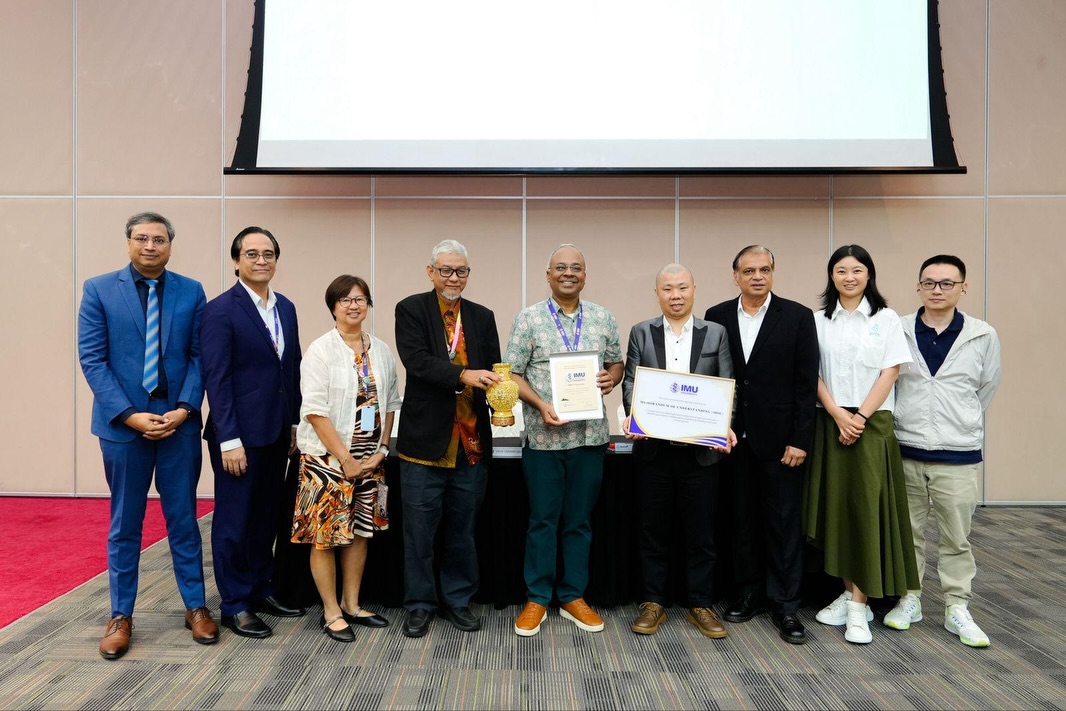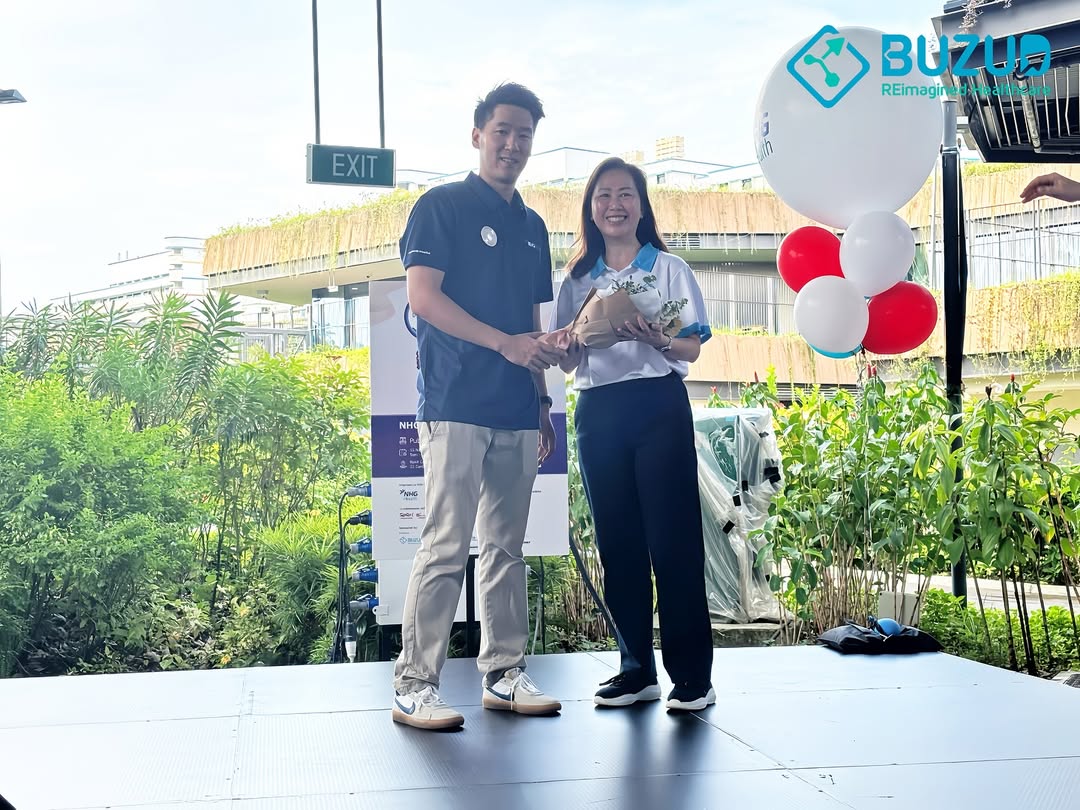War on Diabetes: Why Eating Right is Your Best Defence
Published on:December 04 2024
Diabetes is a global health crisis, affecting over 537 million people worldwide, with 1 in 10 adults living with the condition as of 2021. In Singapore, the situation is particularly concerning, with about 1 in 3 adults aged 60 and above diagnosed with diabetes. The issue is further exacerbated by the fact that nearly 1 in 2 people with diabetes globally are unaware they have it, and in Singapore, approximately 40% of diabetics are undiagnosed. This lack of awareness leads to serious health consequences, as untreated or poorly managed diabetes can cause irreversible damage to vital organs, including the heart, kidneys, and nerves.
In simple terms, diabetes is a condition where the body struggles to regulate blood sugar levels. For people with Type 1 diabetes, the pancreas does not produce enough insulin, while in Type 2 diabetes, the body either does not make enough insulin or does not respond to it effectively. Pre-diabetes is a warning sign, where blood sugar levels are higher than normal but not yet in the diabetic range.
As we continue to grapple with the diabetes crisis, eating right remains one of the most powerful tools we have in the fight against the disease. Managing blood sugar levels through a balanced diet can help prevent or delay the onset of type 2 diabetes, particularly for those who are pre-diabetic or at high risk. Eating a variety of whole foods—such as vegetables, whole grains, lean proteins, and healthy fats—while reducing processed foods and sugary drinks can make a significant difference in controlling blood sugar levels.
The Impact of Food on Blood Sugar
When you eat, carbohydrates from food break down into glucose (sugar), which enters the bloodstream. In diabetics and pre-diabetics, the body struggles to process glucose efficiently, leading to high blood sugar levels. Over time, this can cause severe damage to vital organs and increase the risk of complications such as heart disease, kidney failure, and nerve damage.
In Singapore, where rice and noodles dominate meals, it is easy to overlook how certain foods impact blood sugar. Foods like white rice, sugary drinks, and traditional desserts (think kaya toast or bubble tea) can cause blood sugar levels to spike quickly. This can be problematic for those with pre-diabetes or diabetes, as it increases insulin resistance, making it harder to control blood sugar.
 However, there is less cause for worry than you think—there are plenty of local food options that can help you manage diabetes better. Opting for whole grains, such as brown rice or quinoa, instead of white rice, can help slow down the release of glucose into your bloodstream. Similarly, adding more vegetables, like kangkong or bitter gourd (a popular diabetes-friendly vegetable in local dishes), to your meals can help stabilise blood sugar.
However, there is less cause for worry than you think—there are plenty of local food options that can help you manage diabetes better. Opting for whole grains, such as brown rice or quinoa, instead of white rice, can help slow down the release of glucose into your bloodstream. Similarly, adding more vegetables, like kangkong or bitter gourd (a popular diabetes-friendly vegetable in local dishes), to your meals can help stabilise blood sugar.
It is also important to focus on eating foods with a low glycaemic index (GI)—like whole grains, non-starchy vegetables, and legumes—which release glucose more slowly, keeping blood sugar levels steady. This helps prevent the rapid spikes that come from high-GI foods like white bread, sugary beverages, and even some of our beloved hawker delights.
Why a Balanced Diet Matters
Eating a balanced diet goes beyond just controlling blood sugar—it also plays a key role in managing weight and supporting heart health, both of which are crucial for diabetics. Studies show that even a modest weight loss of 5-7% can significantly improve insulin sensitivity, making it easier for the body to regulate blood sugar.
In Singapore, where health conditions like high blood pressure and high cholesterol are common among diabetics, a healthy diet helps reduce the risk of complications. Singaporeans are encouraged to incorporate more lean proteins (such as chicken or tofu), healthy fats (like avocado or nuts), and high-fibre foods (like whole grains and vegetables) into their daily meals. These choices not only help maintain stable blood sugar but also support overall health.
Failing to address diet is a critical mistake for pre-diabetics and diabetics. In Singapore, diabetes-related complications are a leading cause of hospitalisation, with conditions like heart disease and kidney failure becoming more prevalent. When blood sugar is not controlled properly, the long-term damage can be devastating—leading to blindness, amputations, and even premature death.
Consuming excessive amounts of sugary drinks like bubble tea, kopi (coffee), or soft drinks, all of which are common in local diets, is especially harmful. A single sugary drink can contain up to 39g of sugar, far exceeding the recommended daily intake. Such drinks contribute to blood sugar spikes and increase the risk of diabetes-related complications.
In a food-loving country like Singapore, it can be challenging to avoid temptations but making small, mindful changes to your diet can have a big impact on blood sugar control. Instead of fried food, try grilling or steaming. If you enjoy rice, switch to brown rice or opt for less rice and more vegetables. You can also snack on local nuts like kacang or choose fruits with a lower glycaemic index, such as guava or papaya, over the typical sugary snacks.
Portion control is also crucial. Even local favourites like laksa or satay can be enjoyed, but it is important to avoid overindulging. The key is moderation—savour your favourite dishes, but balance them with healthier options.
The Future of Diabetes Management
In Singapore, diabetes is a growing concern, but you do not have to face it alone. The right diet can help you manage blood sugar levels, reduce risks, and prevent complications. However, effective diabetes care isn’t just about eating right—it is about having the tools to stay on top of your health.
Pre-diabetes is a red flag that can often be reversed. Research has shown that with the right dietary changes and regular physical activity, individuals with pre-diabetes can reduce their risk of developing Type 2 diabetes by as much as 58%. By embracing a healthier lifestyle, it is possible to normalise blood sugar levels, avoid progressing to full-blown diabetes, and improve overall well-being.
 BUZUD’s Continuous Glucose Monitoring (CGM) system is more than just monitoring—it is about REimagining the way diabetes is managed. BUZUD harnesses the power of technology to go beyond and above. By integrating the BUZUD app, the BUZUD CGM gives:
BUZUD’s Continuous Glucose Monitoring (CGM) system is more than just monitoring—it is about REimagining the way diabetes is managed. BUZUD harnesses the power of technology to go beyond and above. By integrating the BUZUD app, the BUZUD CGM gives:
1-minute readings: BUZUD CGM provides continuous blood glucose monitoring with precise readings every minute. Each sensor ensures up to 15 days of peace of mind.
Timely alerts: The BUZUD app will send out real-time notifications to the user’s phone when glucose levels are out of range. These alerts reduce the risk of low blood glucose (hypoglycaemia) and high blood glucose (hyperglycaemia), enabling timely intervention and preventing dangerous fluctuations in glucose levels.
Accurate dietary analysis: The BUZUD app is also able to analyse the nutrition levels of the user’s food intake, allowing them to make better dietary choices, while also consolidating the information as part of the user’s health data.
Share crucial data with healthcare providers easily: The CGM is able to gather a lot more data as compared to traditional methods and the data (subjected to patient’s consent) can be easily consolidated into a report and then shared with healthcare providers using the BUZUD app. This detailed report will enable healthcare providers to better understand their patients’ condition and tailor treatment accordingly.
With BUZUD’s innovative solutions, you can take control of your diabetes, ensuring a healthier and more confident future. The future is already here, discover how you can transform your life with BUZUD. Together, let’s REimagine the way diabetes is managed.
https://buzud.com/2024/12/04/war-on-diabetes-why-eating-right-is-your-best-defence/






